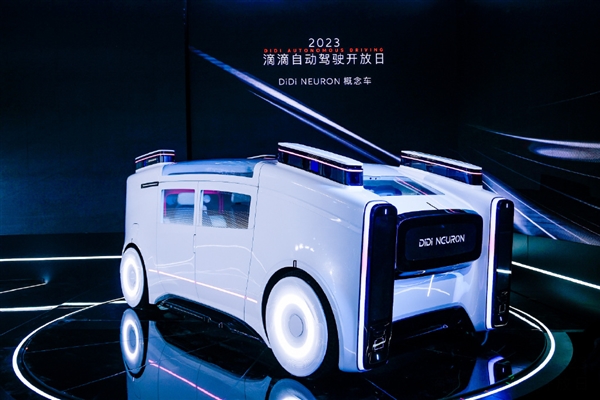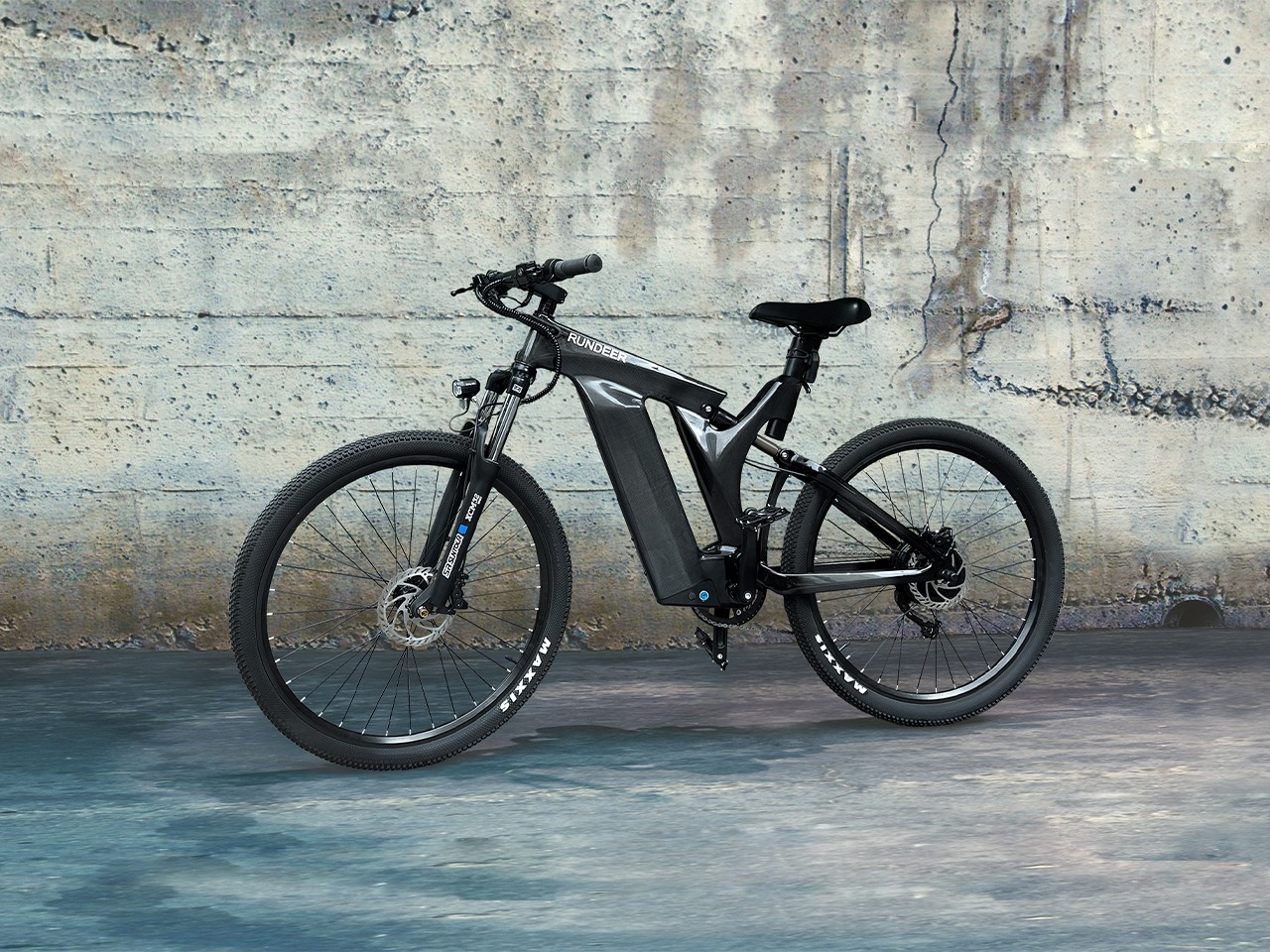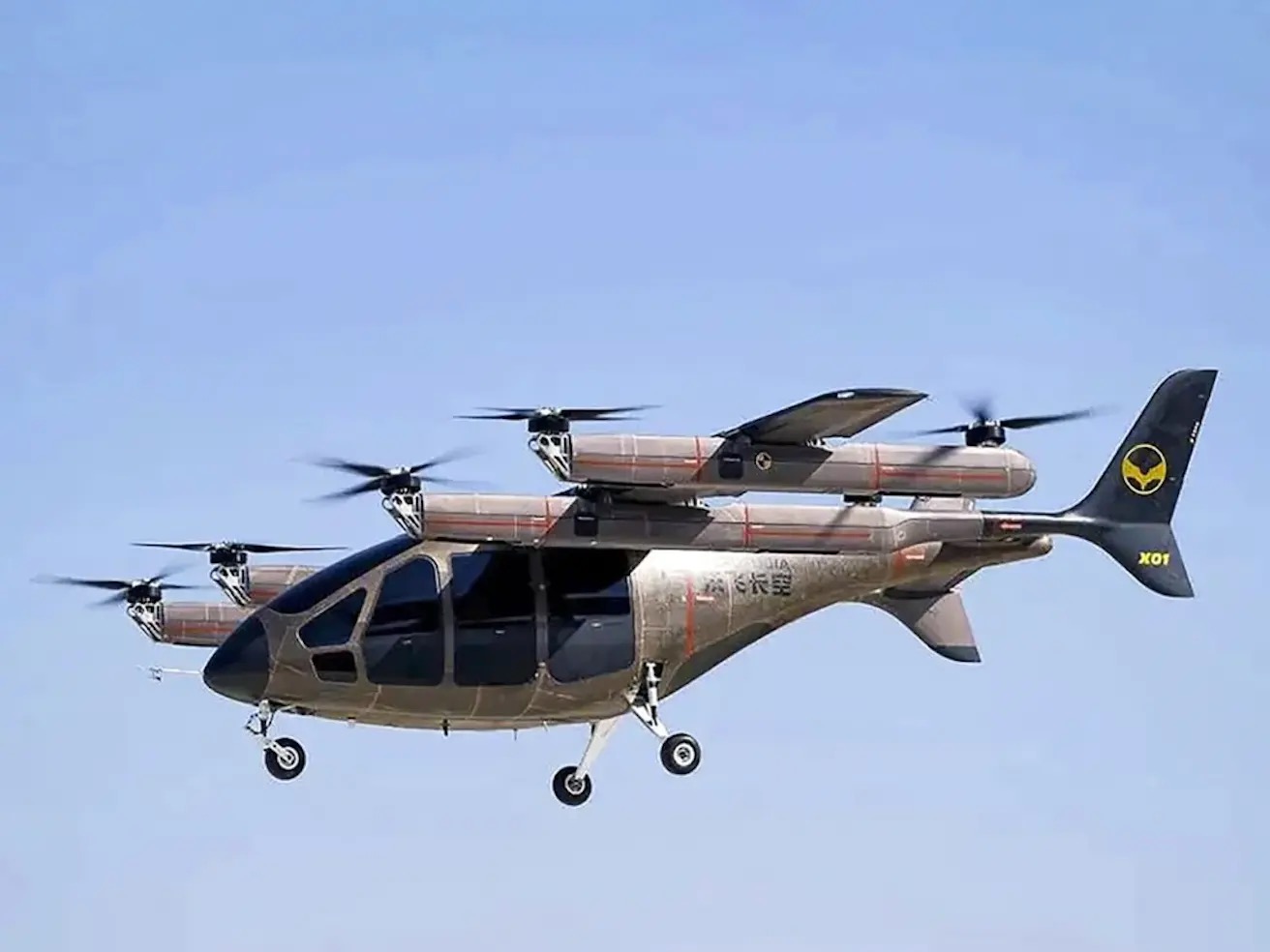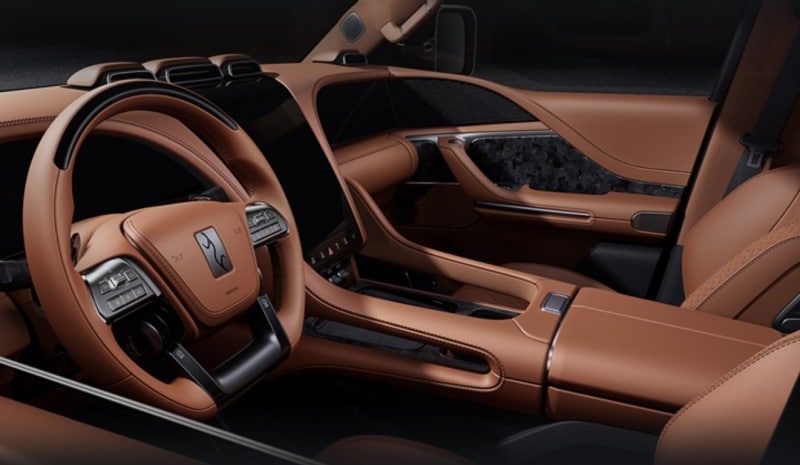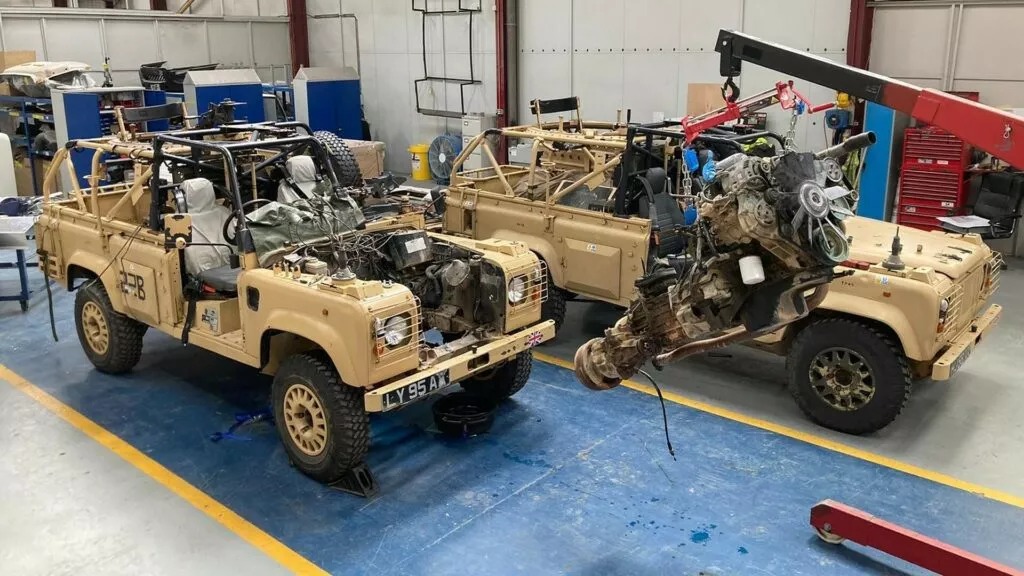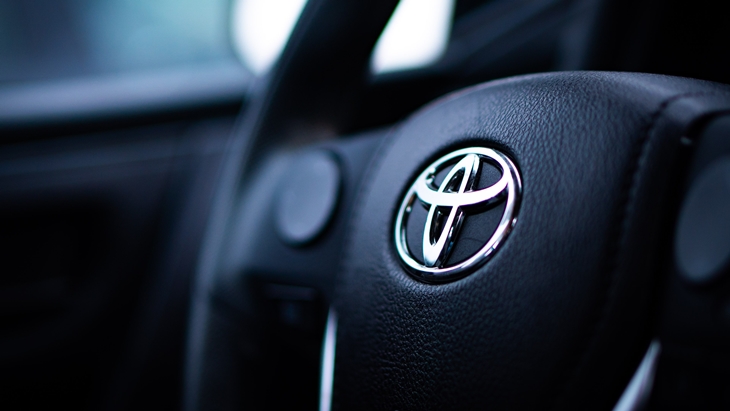DiDi Global, the ride-hailing giant based in Beijing, has been making waves in the autonomous driving industry with its recent announcements regarding its self-driving taxis and other related initiatives. In collaboration with Chinese automakers, DiDi plans to launch its own self-driving taxis on its ride-hailing platform by 2025. The company’s autonomous driving unit, which was established in 2016 and later spun off as a wholly owned subsidiary in 2019, has been working diligently to make this a reality.
To showcase its technological advancements in this space, DiDi recently unveiled a concept robotaxi called the DiDi Neuron. This innovative driverless vehicle includes a robotic arm in the back that can pick up luggage or wake passengers up if they’ve fallen asleep. The company also announced that it is working with new energy vehicle automakers, including electric car manufacturers, to develop its robotaxis.
See also: Didi Chuxing Launches Autonomous Driving Services in Guangzhou’s Huadu District
In addition to its self-driving taxi endeavors, DiDi is also venturing into the autonomous trucking industry with its newly launched business, Kargobot. This business currently operates over 100 driverless trucks, with a focus on logistics and freight services. With this initiative, DiDi hopes to expand its capabilities and become a leader in the autonomous freight transportation market.
Didi unveils Didi NEURON autonomous vehicle
It has 21 cameras, 8 Lidar, 6 MMW radar, no driver seats & 3200mm wheelbase
Has large screen for conferences, games, street view…
Has a robotic arm to pour drink, move luggage, wakeup call & maximize ride experienceVery futuristic pic.twitter.com/51t6eDdUMw
— tphuang (@tphuang) April 13, 2023
To support its autonomous driving technology, DiDi has also developed two hardware pieces. The first is DiDi Beiyao Beta LiDAR, which was co-developed with Chinese tech firm Benewake. Lidar systems are critical components in autonomous vehicles, as they enable the detection and measurement of distance, and the creation of a 3D representation of surrounding objects. The second hardware development is a computing platform for autonomous cars called Orca.
All of these recent developments highlight DiDi’s ambition to expand beyond just ride-hailing and into new areas, such as logistics and freight services, where autonomous vehicles can play a significant role. The company’s push into autonomous driving technology has been ongoing for several years, and its recent advancements demonstrate its commitment to remaining at the forefront of this rapidly evolving industry.
See also: Rivian to Reach Profitability in 2024 and Launch Cheaper R2 Model in 2025
China has been supportive of the development of autonomous vehicles, and various companies, including DiDi, have been permitted to test their driverless cars in the country. The recent slew of announcements from DiDi comes after nearly two years of intense regulatory scrutiny from the Chinese government, which led to the delisting of the company from the US stock market. However, the company is now seeking a Hong Kong public offering and has resumed operations in China, indicating a potential easing of regulatory crackdown.

